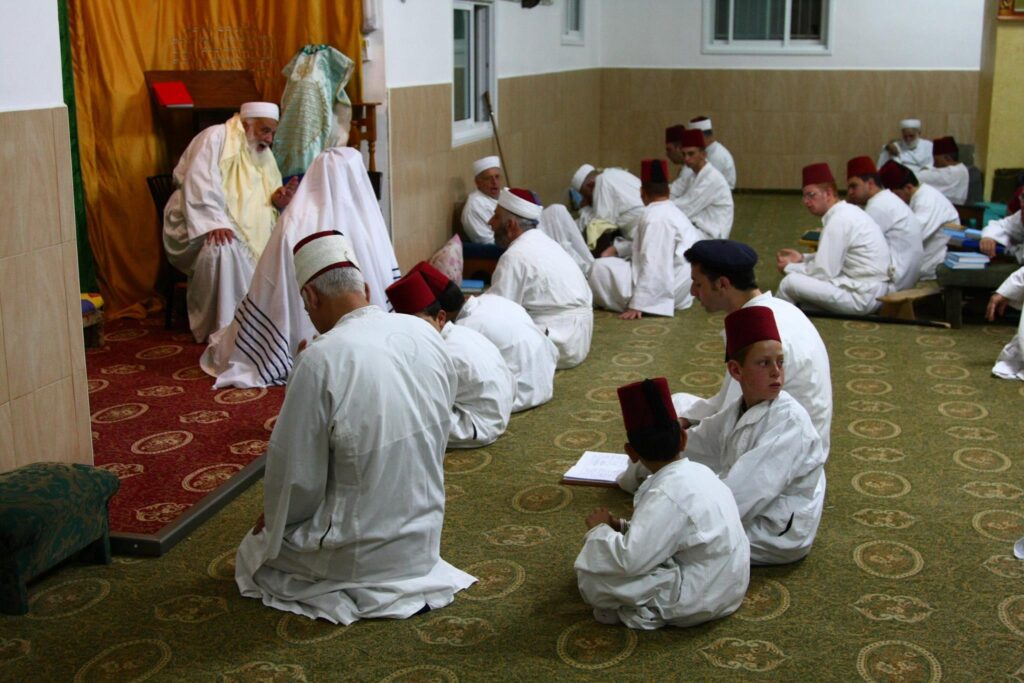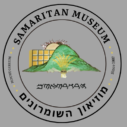
Pentecost Wednesday: The Commemoration of the Standing at Mount Sinai
A religious occasion faithfully observed by the Samaritans each year on the same date—Wednesday, on the forty-sixth day of the Counting of the fifty days before Pentecost.
As stated in the Holy Torah:
“And the Lord said to Moses: Go down to the people and consecrate them today and tomorrow, and let them wash their garments. Be ready for the third day, for on the third day the Lord will come down in the sight of all the people on Mount Sinai. Set bounds for the people all around, saying: Take heed to yourselves that you do not go up the mountain or touch its edge.” (Exodus 19:10-11)
In honor of this great occasion, the people of Israel prepared themselves on the third day and stood at the foot of Mount Sinai. As thick clouds covered the mountain, lightning flashed and thunder roared. The mountain trembled, and the people shook in awe as they prepared to meet God. Then, God proclaimed all Ten Commandments in the hearing of the Israelites:
- You shall have no other gods besides Me.
- You shall not swear falsely by the name of God.
- Remember the Sabbath day and keep it holy.
- Honor your father and mother.
- You shall not kill.
- You shall not commit adultery.
- You shall not steal.
- You shall not bear false witness against your neighbor.
- You shall not covet your neighbor’s house or his wife.
- The sanctity of Mount Gerizim.
This blessed day includes special religious rituals. The Samaritans gather for prayer in their synagogues on Mount Gerizim and in Holon, engaging in 19 consecutive hours of uninterrupted worship, beginning at 1:00 AM on Wednesday and continuing until the evening.
The prayers are led by the High Priest of the Samaritan community, joined by priests and other members of the community. During this time, the five books of the Holy Torah are recited, along with hymns commemorating the moment the Prophet Moses received the two tablets bearing the Ten Commandments.
In this spiritual atmosphere, the Samaritans renew their commitment to the divine values and guidance that their ancestors received at Mount Sinai, emphasizing the importance of preserving this sacred heritage and remaining loyal to God’s covenant with the People of Israel.
